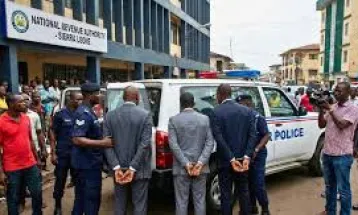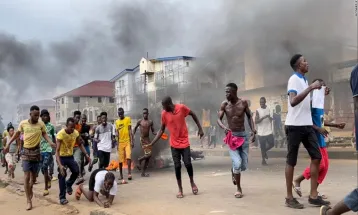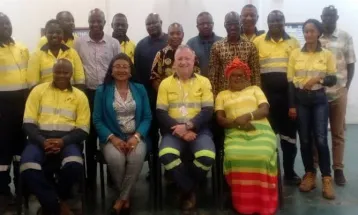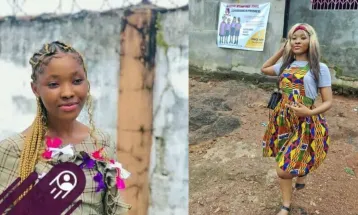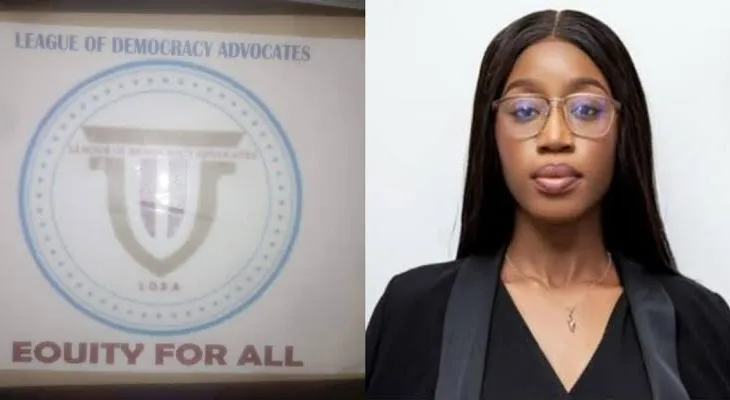
Lawyer Joy Precious Baryoh Granted Bail After Spending Night at CID
Joy Precious Baryoh, a prominent lawyer and recent candidate for the treasurer position in the Sierra Leone Bar Association elections, has been granted bail following an overnight detention by the Criminal Investigation Department (CID) of the Sierra Leone Police. Her arrest has sparked significant concern and debate regarding freedom of speech and the treatment of legal professionals in the country.
Baryoh was taken into custody on allegations of cyber stalking and bullying, stemming from a tweet she directed at President Julius Maada Bio. The arrest of such a well-known figure in the legal community has ignited a wave of reactions both locally and internationally. Human rights advocates have been particularly vocal, arguing that Baryoh's detention represents an overreach by authorities and poses a potential threat to free expression.
Spending the night in custody at CID headquarters, Baryoh was eventually released on bail. Her legal defense was handled by prominent lawyers Madieu Sesay and Jocelyn Turay, who argued vigorously for her release. They emphasized her right to free speech and the necessity of upholding legal standards in the treatment of judiciary professionals.
The specific details of Baryoh’s arrest are linked to her response to a tweet by President Bio, which allegedly violated Sierra Leone’s cybercrime laws. However, many critics of the arrest suggest that it may have been politically motivated, aiming to silence a critical voice within the legal community.
This case has brought to the forefront critical discussions about the balance between maintaining public order and protecting individual freedoms in the digital age. Like many countries, Sierra Leone is grappling with the challenges posed by social media and online interactions. The legal frameworks governing these activities are continually being tested, and Baryoh’s case is a significant example of these ongoing tensions.
The debate over Baryoh’s arrest and subsequent bail highlights broader issues about the limits of free speech, the role of social media in public discourse, and the rights of individuals to criticize government officials. As Sierra Leone navigates these complex issues, the outcome of Baryoh's case could set important precedents for future legal and political dynamics in the country.

